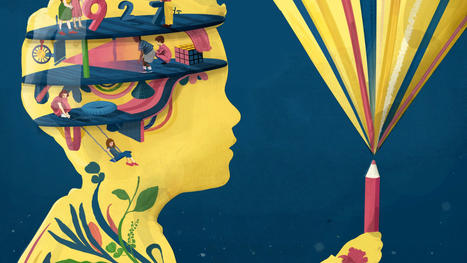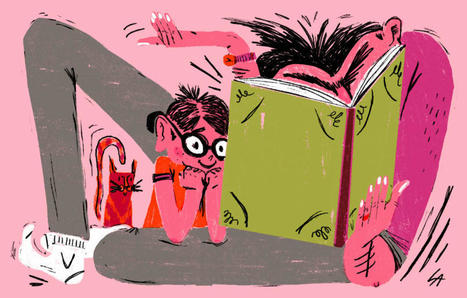Children’s brains develop in spurts called critical periods. The first occurs around age 2, with a second one occurring during adolescence. At the start of these periods, the number of connections (synapses) between brain cells (neurons) doubles. Two-year-olds have twice as many synapses as adults. Because these connections between brain cells are where learning occurs, twice as many synapses enable the brain to learn faster than at any other time of life. Therefore, children’s experiences in this phase have lasting effects on their development.
Research and publish the best content.
Get Started for FREE
Sign up with Facebook Sign up with X
I don't have a Facebook or a X account
Already have an account: Login
News, reviews, resources for AI, iTech, MakerEd, Coding and more ....
Curated by
John Evans
 Your new post is loading... Your new post is loading...
 Your new post is loading... Your new post is loading...
|

Fuller Life Family Therapy's curator insight,
May 26, 2022 12:51 AM
What happens in a child's mind when they're read a story? |











